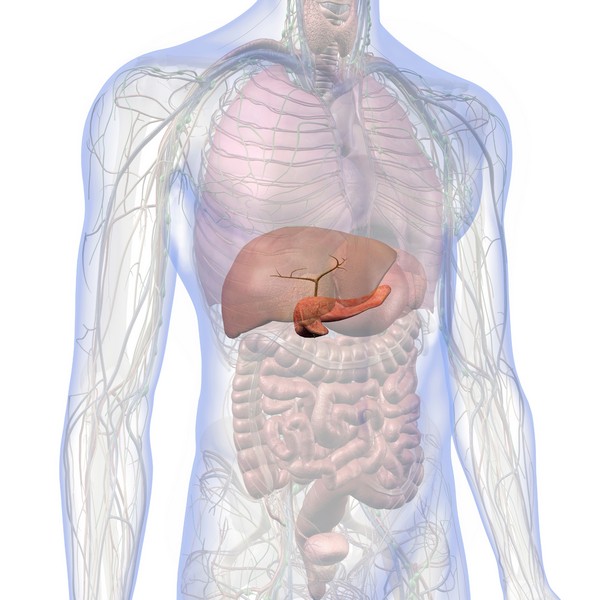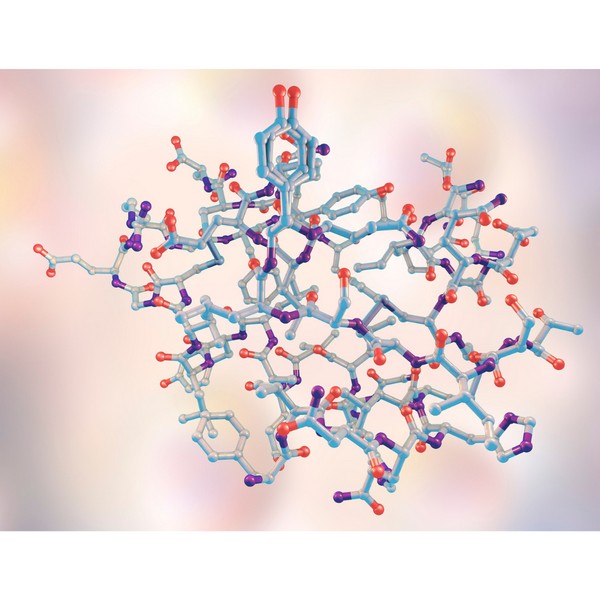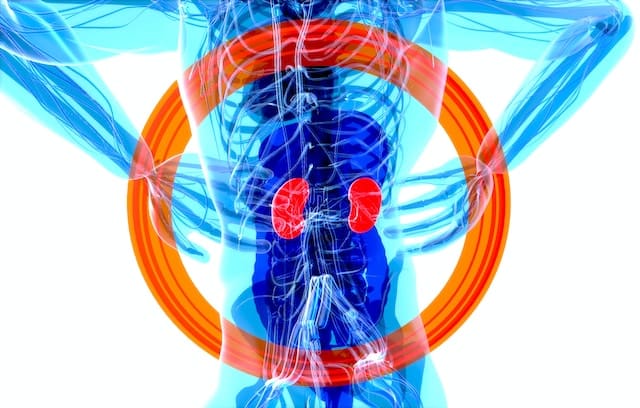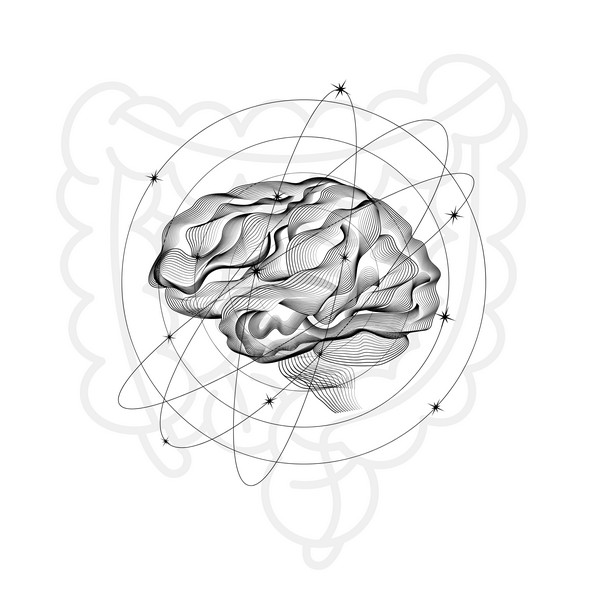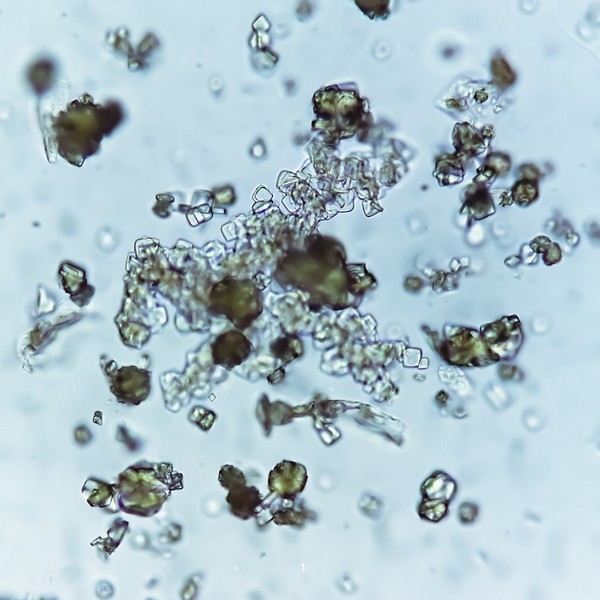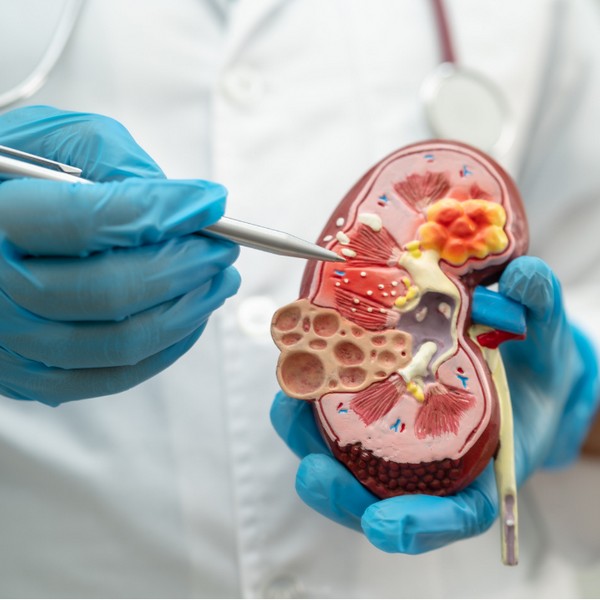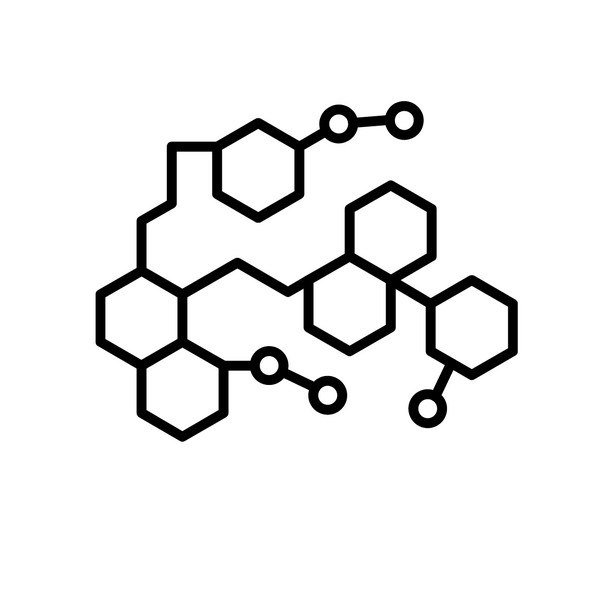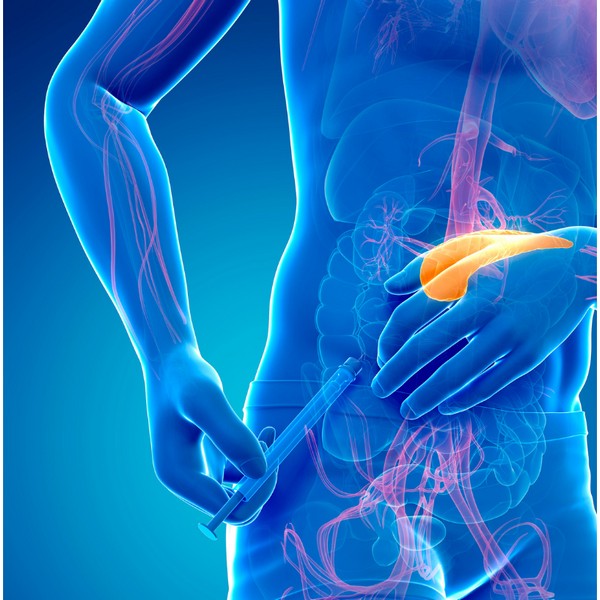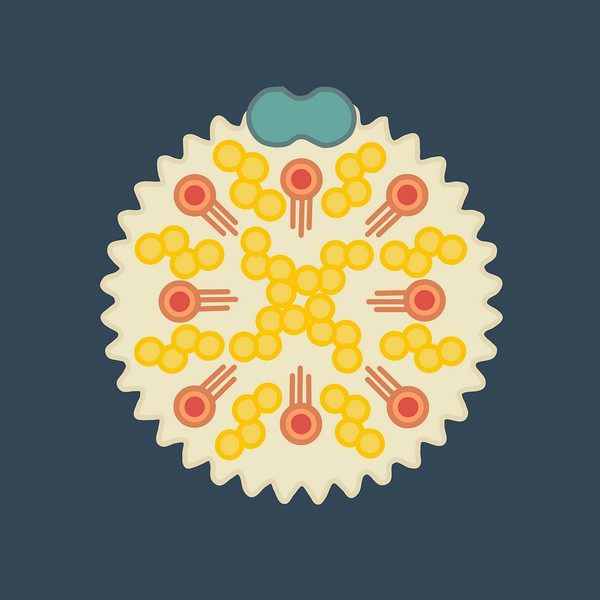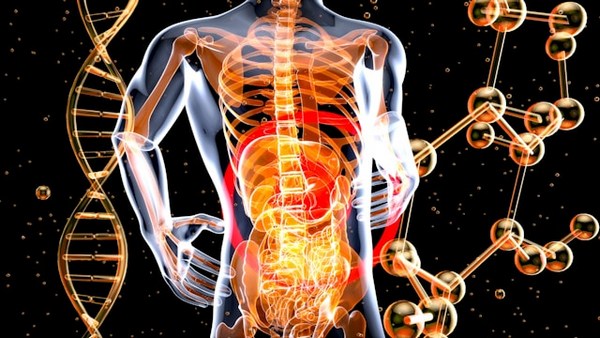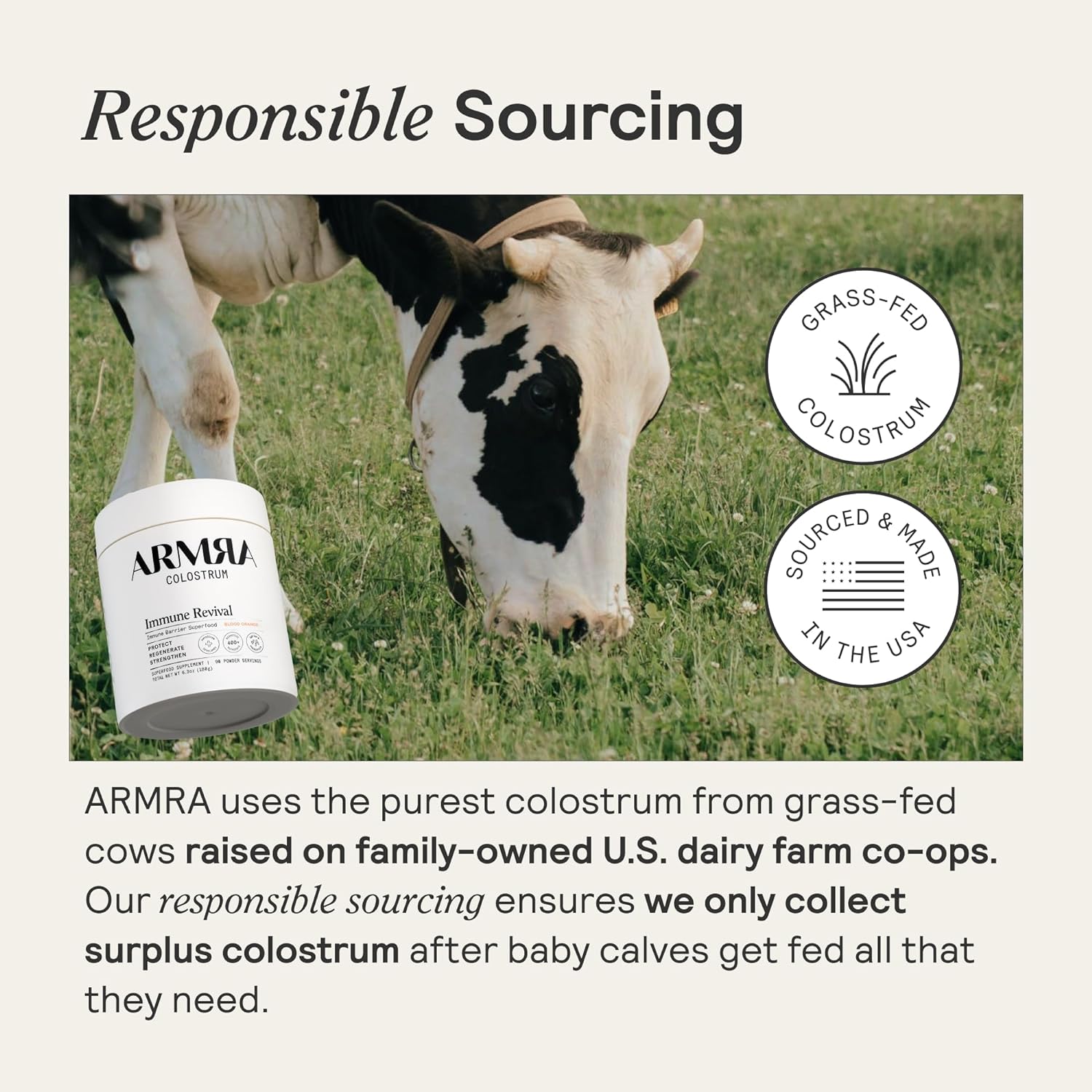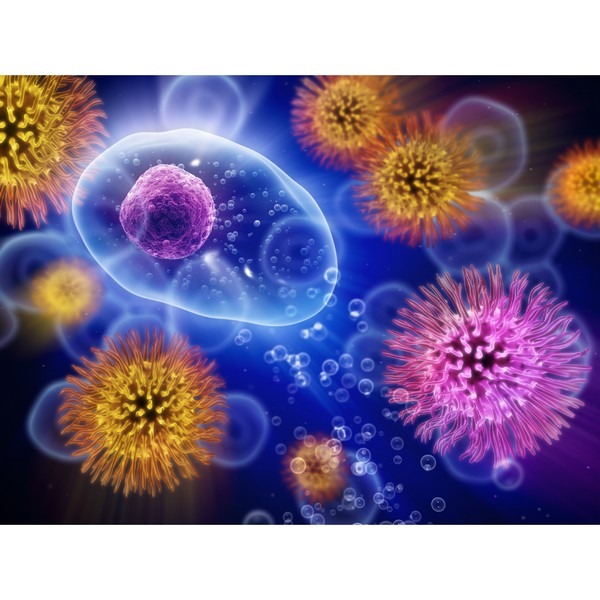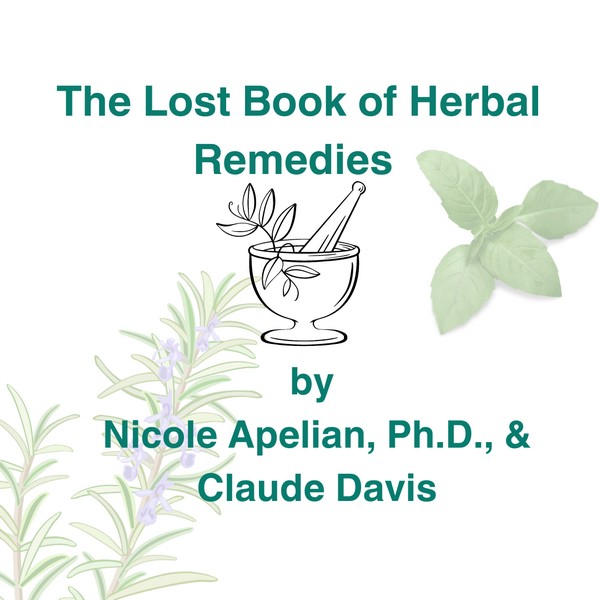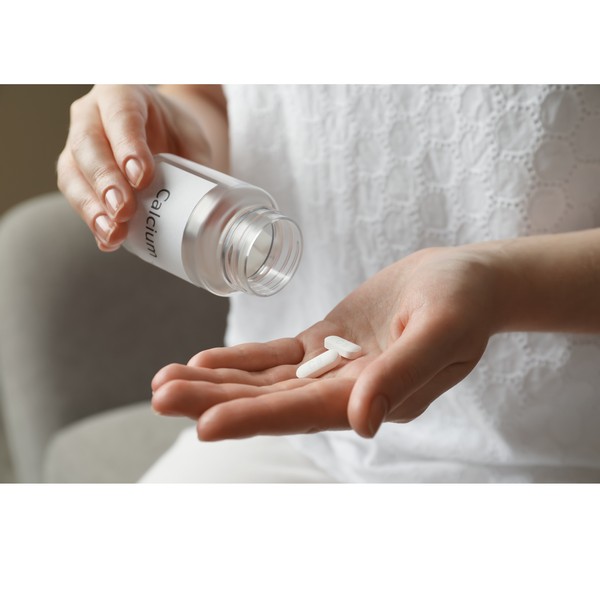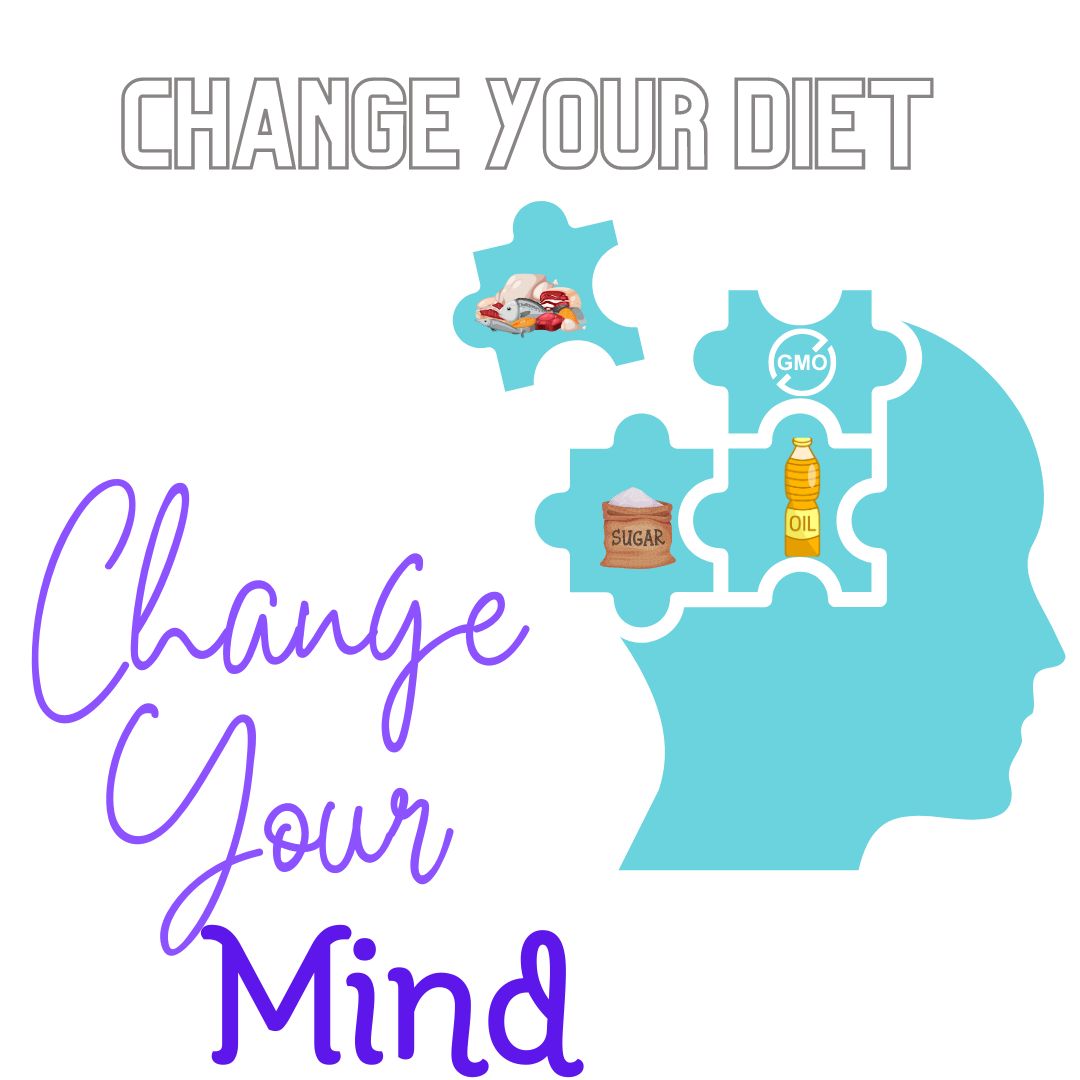Your heart works tirelessly to pump blood throughout your body, delivering essential nutrients and oxygen to your cells.
However, factors like poor diet, stress, and a sedentary lifestyle can take a toll on your cardiovascular health. As more people become interested in wellness, there’s been a rising demand for natural remedies to support heart health.
Looking for a natural way to treat blood clots and cardiovascular disease? Look no further than proteolytic enzymes, the remarkable peptide hydrolases that offer amazing health benefits, particularly for your cardiovascular system.
Table of Contents

Enzymes play a vital role in numerous biological activities, helping to regulate and speed up chemical reactions that support optimal body functioning. Among these enzymes, proteolytic enzymes have generated increasing interest due to their wide-ranging health benefits.
These remarkable enzymes are found in all living organisms and play a crucial role in breaking down proteins.
When it comes to cardiovascular health, proteolytic enzymes are particularly useful for their ability to break down fibrin, a protein that is responsible for the formation of blood clots. By breaking down fibrin, these enzymes help to keep blood flowing smoothly and reduce the risk of clot formation.
Researchers have discovered:
- Nattokinase is known for its ability to reduce blood pressure, prevent clotting and promote healthy circulation.
- Serrapeptase, on the other hand, can dissolve arterial plaque and regulate healthy blood pressure levels.
- Lumbrokinase supports normal blood clotting and helps reduce blood clot risk.
- Bromelain has been gaining popularity for its anti-inflammatory, digestive, and immune-boosting properties.
1. Nattokinase: A Valuable Ally for Circulatory Health

What is Nattokinase?
Nattokinase is a proteolytic enzyme derived from natto, a traditional Japanese fermented soybean dish. Produced by the bacterium Bacillus subtilis during the fermentation process, Nattokinase has attracted attention for its cardiovascular health benefits.
Benefits of Nattokinase
- Improves Blood Flow: Nattokinase works by breaking down fibrin, a fibrous protein involved in blood clotting. This action enhances blood flow and prevents dangerous clot formation.
- Lowers Blood Pressure: Some studies suggest that regular supplementation with Nattokinase can help reduce elevated blood pressure levels, thus promoting cardiovascular health.
- Antioxidant Properties: Nattokinase also exhibits antioxidant properties, helping to neutralize free radicals and combat oxidative stress in our bodies.
2. Serrapeptase: The Natural Anti-Inflammatory Fighter
What is Serrapeptase?
Serrapeptase is a proteolytic enzyme produced by the Serratia bacteria, which resides in the intestines of silkworms. This enzyme has gained popularity as a natural supplement for its anti-inflammatory properties and ability to break down non-living tissue without harming living tissue.
Benefits of Serrapeptase
- Reduces Inflammation: Serrapeptase is known for its potent anti-inflammatory action, which may help alleviate pain and inflammation associated with various conditions such as arthritis, sinusitis, and carpal tunnel syndrome.
- Supports Tissue Repair: By dissolving non-living tissue, Serrapeptase can promote wound healing and help the body eliminate waste products and cellular debris.
3. Lumbrokinase: Boosting Circulation and Heart Health

What is Lumbrokinase?
Lumbrokinase is a group of proteolytic enzymes derived from earthworms (Lumbricus rubellus), recognized for their ability to improve blood flow and support a healthy heart.
Benefits of Lumbrokinase
- Supports Optimal Blood Flow: Lumbrokinase can break down fibrin, contributing to the regulation of blood clot formation, and therefore enhancing circulation.
- Promotes Cardiovascular Health: By supporting healthy blood flow, Lumbrokinase may help prevent hypertension and other heart-related issues.
4. Bromelain: The Pineapple’s Secret Weapon

What is Bromelain?
Bromelain is a proteolytic enzyme extracted from pineapple stems
Benefits of Bromelain
Bromelain has been the subject of numerous scientific research studies, and it is widely accepted for its remarkable health benefits. Some of the most notable benefits include:
- Anti-inflammatory properties: Bromelain has been shown to reduce inflammation and swelling, making it effective in treating conditions such as arthritis, sinusitis, and postoperative swelling.
- Digestive aid: Bromelain may help with the digestion of proteins, soothing the digestive system and promoting gut health.
- Heart health: Studies also indicate that bromelain may help prevent blood clot formation and promote better circulation.
- Cancer prevention: Although still in the early stages of research, bromelain may have potential anti-cancer properties due to its ability to help destroy cancer cells and reduce inflammation.
- Immune system support: Bromelain has been found to modulate the immune response, helping to prevent allergies and improve respiratory function during illness.

Enzymes vs. Pharmaceuticals: The Natural Choice
With a growing interest in natural and holistic health remedies, more and more people are turning to enzymes like lumbrokinase, serrapetase, nattokinase, and bromelain as an alternative to conventional pharmaceutical drugs.
By choosing natural enzymes, individuals can experience fewer side effects and embrace the benefits of these powerful plant-based compounds.
It should be noted that getting high concentrations of these enzymes from eating pineapple and papaya alone would subject you to high levels of sugar which may reduce the helpful benefits.

So, if you’re looking for a natural way to support your cardiovascular health, consider adding proteolytic enzymes to your supplement regimen. The health benefits of proteolytic enzymes are hard to ignore. Science has shown they can help reduce inflammation and improve circulation throughout the body. Adding these enzymes to your diet, you’re not only helping your body function more efficiently. Including proteolytic enzymes into your wellness routine can be simple. They are available in supplemental forms, like capsules, tablets, or powders.
As always, before beginning any supplementation, it’s essential to consult with a healthcare professional to ensure it’s suitable for your specific needs and to determine the appropriate dosages.
Research Mótyán, J. A., Tóth, F., & Tőzsér, J. (2013). Research Applications of Proteolytic Enzymes in Molecular Biology. Biomolecules, 3(4), 923-942. https://doi.org/10.3390/biom3040923 Metkar, S. K. et al. (2017). Lumbrokinase for degradation and reduction of amyloid fibrils associated with amyloidosis. Journal of Applied Biomedicine, 15 (2), University of South Bohemia in Ceske Budejovice., pp.96–104. doi:10.1016/j.jab.2017.01.003 Kurosawa Y, Nirengi S, Homma T, Esaki K, Ohta M, Clark JF, Hamaoka T. A single-dose of oral nattokinase potentiates thrombolysis and anti-coagulation profiles. Sci Rep. 2015 Jun 25;5:11601. doi: 10.1038/srep11601 Metkar SK, Ghosh S, Girigoswami A, Girigoswami K. The Potential of Serratiopetidase and Lumbrokinase for the Degradation of Prion Peptide 106-126 - an In Vitro and In Silico Perspective. CNS Neurol Disord Drug Targets. 2019;18(9):723-731. https://doi.org/10.2174/1871527318666191021150002 Jadhav, S. B. et al. (2020). Serratiopeptidase: Insights into the therapeutic applications. Biotechnology Reports, 28, Elsevier BV., p.e00544. [Online]. Available at: https://doi.org/10.1016/j.btre.2020.e00544 Nakamura S, Hashimoto Y, Mikami M, Yamanaka E, Soma T, Hino M, Azuma A, Kudoh S. Effect of the proteolytic enzyme serrapeptase in patients with chronic airway disease. Respirology. 2003 Sep;8(3):316-20. https://doi.org/10.1046/j.1440-1843.2003.00482. xHsia, C.-H. et al. (2009). Nattokinase decreases plasma levels of fibrinogen, factor VII, and factor VIII in human subjects. Nutrition Research, 29 (3), Elsevier BV., pp.190–196. [Online]. Available at: doi:10.1016/j.nutres.2009.01.009 Tiwari, M. (2017). The role of serratiopeptidase in the resolution of inflammation. Asian Journal of Pharmaceutical Sciences, 12 (3), Elsevier BV., pp.209–215. [Online]. Available at: doi:10.1016/j.ajps.2017.01.003 Esch PM, Gerngross H, Fabian A. Postoperative Schwellungsreduktion. Objektive Schwellungsmessung am oberen Sprunggelenk unter Serrapeptase--eine prospektive Studie [Reduction of postoperative swelling. Objective measurement of swelling of the upper ankle joint in treatment with serrapeptase-- a prospective study]. Fortschr Med. 1989 Feb 10;107(4):67-8, 71-2. German. PMID: 2647603. https://pubmed.ncbi.nlm.nih.gov/2647603/ Panagariya A, Sharma AK. A preliminary trial of serratiopeptidase in patients with carpal tunnel syndrome. J Assoc Physicians India. 1999 Dec;47(12):1170-2. PMID: 11225219.Tachibana M, Mizukoshi O, Harada Y, Kawamoto K, Nakai Y. A multi-centre, double-blind study of serrapeptase versus placebo in post-antrotomy buccal swelling. Pharmatherapeutica. 1984;3(8):526-30. PMID: 6366808. Kee WH, Tan SL, Lee V, Salmon YM. The treatment of breast engorgement with Serrapeptase (Danzen): a randomised double-blind controlled trial. Singapore Med J. 1989 Feb;30(1):48-54. PMID: 2688125.Mazzone A, Catalani M, Costanzo M, Drusian A, Mandoli A, Russo S, Guarini E, Vesperini G. Evaluation of Serratia peptidase in acute or chronic inflammation of otorhinolaryngology pathology: a multicentre, double-blind, randomized trial versus placebo. J Int Med Res. 1990 Sep-Oct;18(5):379-88. https://doi.org/10.1177/030006059001800506 Desser L, Rehberger A. Oncology. Induction of tumor necrosis factor in human peripheral-blood mononuclear cells by proteolytic enzymes. 1990;47(6):475-7. https://doi.org/10.1159/000226875 Koyama A, Mori J, Tokuda H, Waku M, Anno H, Katayama T, Murakami K, Komatsu H, Hirata M, Arai T, et al. Augmentation by serrapeptase of tissue permeation by cefotiam]. Jpn J Antibiot. 1986 Mar;39(3):761-71 https://www.ncbi.nlm.nih.gov/pmc/articles/PMC8265778/ Kotb, E. (2012). Fibrinolytic Bacterial Enzymes with Thrombolytic Activity. In: Fibrinolytic Bacterial Enzymes with Thrombolytic Activity. SpringerBriefs in Microbiology. Springer, Berlin, Heidelberg. https://doi.org/10.1007/978-3-642-24980-8_1 Sahoo, S.K., Sahoo, S. (2020). Exploitation of Fibrinolytic Enzymes in Combating Blood Clotting Disorders – Recent Advances and Strategies: A Comprehensive Review. In: Patra, J., Shukla, A., Das, G. (eds) Advances in Pharmaceutical Biotechnology. Springer, Singapore. https://doi.org/10.1007/978-981-15-2195-9_25
Postbiotics: What They Are and Why They Are Important
Key Takeaways Postbiotics 101: They’re beneficial by-products from probiotics that consume prebiotics Boosts Immunity: Postbiotics sharpen your immune system, helping fight off pathogens and reducing…
Non-Alcoholic Fatty Liver Disease (NAFLD)
Key Takeaways NAFLD involves fat buildup in the liver not caused by alcohol. Commonly associated with obesity, insulin resistance, and metabolic syndrome. NAFLD can lead…
Vegetable Oil: Health Risks You Might Not Know
Key Takeaways: Omega-6 fats from vegetable oils cause oxidative stress and inflammation. Reducing omega-6 intake and using stable fats can lower health risks. High triglycerides…
Boost Insulin Sensitivity Naturally
Key Takeaways Improving insulin sensitivity helps control blood sugar and reduces the risk of metabolic disorders. Regular physical activity enhances how cells respond to insulin….
Dialysis: Benefits & Challenges
Key Takeaways Dialysis removes waste and excess fluid from the blood when kidneys cannot function. Two main types: hemodialysis (machine-based) and peritoneal dialysis (abdomen-based). Dialysis…
Signs of Diabetes: Recognizing the Red Flags
Key Takeaways Increased Thirst and Urination: High blood sugar leads to dehydration, causing excessive thirst and frequent urination. Unexplained Weight Loss: Diabetes can cause the…
7 Simple Tips for Lowering Blood Pressure Naturally
Maintaining healthy blood pressure levels is essential for overall well-being, as high blood pressure can lead to serious health complications. However, it is possible to…
Travel Hygiene Tips: Stay Fresh on the Go
Key Highlights Key practices include frequent handwashing, showering, and oral care. Packing a portable hygiene kit can help you stay fresh on the go. Advanced…
7 Remedies for Kidney Stones: A Comprehensive Guide
Key Takeaways Staying well-hydrated and adopting a balanced diet can help prevent kidney stones. Knowing the causes of kidney stones can inform effective prevention strategies….
Iron Overload: Symptoms & Prevention Tips
Key Takeaways: Iron overload happens when the body absorbs excessive iron, which can damage organs. Common symptoms include fatigue, joint pain, and skin changes. Early…
Metabolic Syndrome: Managing This Health Risk
Key Takeaways Metabolic syndrome is a cluster of conditions increasing the risk of heart disease, stroke, and diabetes. Symptoms include high blood pressure, high blood…
Parkinson’s Disease : Symptoms, Causes & Treatment
Key Takeaways Parkinson’s disease is a progressive neurological disorder that affects movement and coordination. Oxidative stress and excess iron are significant factors in the progression…
Coping with Pet Allergies: Tips & Advice
Key Highlights Pet allergies often cause sneezing, coughing, itchy eyes, and skin rash. Pet allergens are in the saliva, urine, and dander of furry animals….
How to Lower Triglycerides Fast: Natural Solutions
Key Highlights Triglycerides, a type of fat found in the blood, are essential indicators of metabolic health. Elevated triglyceride levels increase the risk of heart…
Is Eating Sugar Really That Bad For Your Health?
Should You Really Be Concerned? In short, YES! Thank you, that’s all folks, and do have a good evening. Seriously though, extensive research has established…
Triglycerides: Levels & Range Explained
Key Highlights Triglycerides are the most common form of fat in the body play a role in energy storage High levels of triglycerides can increase…
Supporting Mental Health with Gut Health
Key Takeaways Gut-Brain Connection: Gut health is directly linked to mental wellbeing through the gut-brain axis. Probiotics: Beneficial bacteria that help regulate mood and support…
Quit Sugar for 14 Days: What Happens to Your Body?
Key Takeaways: Immediate Health Benefits of Reducing Sugar: In just two weeks, enjoy enhanced energy levels, weight loss, a reduced risk of chronic diseases, and…
Uric Acid: Effects & Management
Chronic Kidney Disease (CKD): Causes & Treatment
Key Takeaways Ultra-processed foods and high carbohydrate intake worsen inflammation, harming kidney function. Iron overload leads to oxidative stress, which accelerates CKD progression. Copper is…
Histamine: What You Should Know
Key Takeaways Histamine’s Role: Vital in immune responses, digestion, and as a neurotransmitter in the central nervous system. Histamine Production: Produced in mast cells and…
Inflammation: Causes & Effects
Key Takeaways Inflammation is the body’s response to injury or infection, but chronic inflammation can lead to health problems. Iron overload from artificial sources and…
Allergy-Friendly Pets
Key Highlights Hypoallergenic pets are great for people with pet allergies, as they produce fewer allergens like dander, saliva, and proteins that can trigger symptoms….
High Homocysteine: How to Manage Levels
Key Takeaways: Elevated homocysteine can raise the risk of heart disease and other health problems. Animal-based foods high in B vitamins help reduce homocysteine levels….
Metabolic Health: What It Means and How to Improve It
Key Takeaways Metabolic health reflects how well your body processes energy and maintains stable blood sugar, cholesterol, and blood pressure. Key indicators of metabolic health…
Alcohol and Its Effects
Key Takeaways Alcohol is metabolized primarily in the liver, producing acetaldehyde, a toxic byproduct. Chronic alcohol consumption leads to liver damage, including fatty liver, hepatitis,…
Insulin Resistance: What It Is & How to Manage It
Key Takeaways Insulin resistance leads to high blood sugar when cells stop responding to insulin. Often connected to obesity, poor diet, and physical inactivity. Symptoms…
L-Glutamine and Gut Health: Benefits and Side Effects
Key Takeaways L-Glutamine is essential for gut health. Benefits include improved digestion and reduced inflammation. Potential side effects are rare but can occur in high…
Remnant Cholesterol (RC): Its Origins & Impact
Key Takeaways Remnant cholesterol (RC) is the cholesterol content left in the blood after triglycerides are removed from VLDL and IDL particles. RC is a…
Alzheimer’s Disease: Symptoms, Causes, Treatment
Key Takeaways Alzheimer’s disease is a progressive neurodegenerative disorder affecting memory, thinking, and behavior. Oxidative stress, including from excess iron, plays a significant role in…
Diabetes: Everything You Need to Know
Key Takeaways Type 1 and Type 2 diabetes involve insulin regulation issues, with Type 2 being the most common due to insulin resistance. Copper, retinol,…
Atherosclerosis Prevention Strategies: Insights from Scientific Research
Key Takeaways Atherosclerosis is the hardening and narrowing of arteries caused by plaque buildup. Chronic inflammation and oxidative stress contribute to the development of plaque….
SIBO Bloating: Causes, Diet, & Management Tips
Key Takeaways SIBO disrupts gut bacteria balance, causing bloating, pain, and nutrient absorption issues. Symptoms include bloating, abdominal pain, diarrhea, constipation, weight loss, and fatigue….

